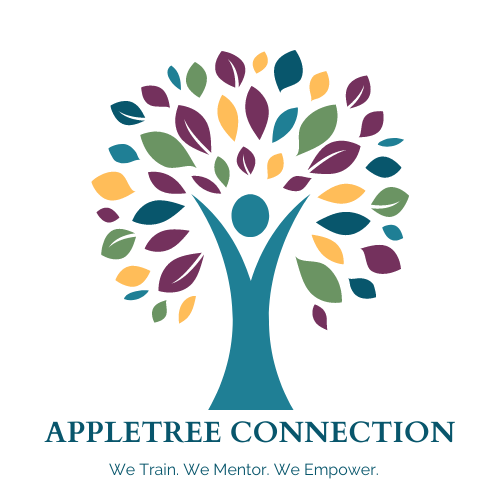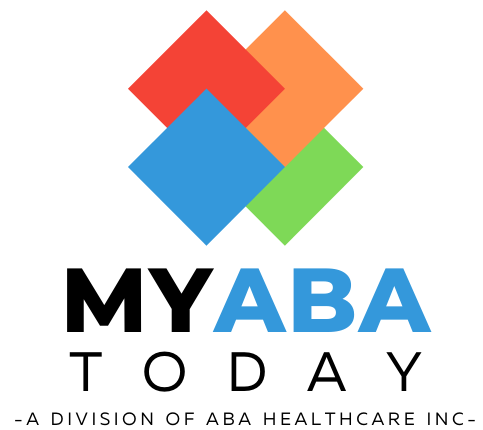I’m fortunate to see a wide cross-section of behavioral science, and behavior analysis, that few others see, due to my role at bSci21.org and the visibility it affords. Over the years, countless BCBAs have approached me with some variant of “I’m not that interested in autism treatment and want to get a job in Organizational Behavior Management but I don’t know where to start.”
If you are one of these folks, you’re in luck. Allison King and Kelly Therrien published an article in the Journal of Organizational Behavior Management titled “Professional Development in Organizational Behavior Management.” In the article, they take the perspective of a fictional character named Jack – who has clinical experience and is pursuing a Master’s in Applied Behavior Analysis, but who would like to pursue a career in OBM.
Here’s some of the advice they gave him, with my personal take added to the mix:
Define your career goals.
What is your personal mission statement? What are your life values? Where do you see yourself in 5-10 years? These are things we all need to work on and are particularly relevant to the literature on Acceptance and Commitment Therapy. Clarifying values and life directions help you track what is important to you, to see if you are picking up appropriate reinforcers along the way, and to flexibly adjust your path as needed during the journey.
Seek out informational interviews.
Everyone has a network. Use it! We all know people that know people. If you are a student, start with your professors. Get on LinkedIn and search out professionals with relevant experiences. Get in touch with people whose activities may align with your career goals and set up an informational interview. The authors stress that you should understand that these are very busy people, so be sure to thank them for their time and offer to buy them lunch if they are local.
Go to networking events.
I cannot stress the importance of networking from my personal experience being self-employed. Moreover, I cannot stress the importance of networking with people who are NOT in Applied Behavior Analysis, as most will be clinicians working in the autism field. The world is full of people with expertise in many areas, and you never know how yours will align with theirs, especially as you venture into the business world with an interest in OBM. I personally recommend events such as 1 Million Cups, and other business networking events found via MeetUp.com or your local Chamber of Commerce. One valuable skill you will learn to develop here is the ability to succinctly talk about your interests in plain English, without technical jargon.
However, the authors also recommend a few OBM specific events such as the OBM Network, a special interest group of the Association for Behavior Analysis International. You may also try the Behavioral Safety Now conference or the International Society of Performance Improvement. The authors also recommended the importance of strengthening relationships formed from these events. Followup with the people you meet suggest lunch in the future, or a project for collaboration.
Get experience.
Many faculty give OBM projects to their students that require them to reach out to local businesses. However, if no faculty like this exist in your area, you may have to get creative. If you have a job while going to school, the authors recommend talking to your managers to see if you can do an OBM project there for free. You can also look around your University to see what projects may be available there. The authors stress that when looking for jobs, the announcement will rarely if ever say “OBM”, so look for related topics in organizational behavior, i/o psychology, human resources, training, and the like. With a little creativity, you can relate all of these to a background in Applied Behavior Analysis.
Education – The BCBA credential and formal degrees may be optional.
The education side of the puzzle, like the others, all depends on your goals. The authors stated that the BCBA credential, for example, maybe irrelevant unless you plan to work with clinical ABA agencies. Moreover, a Master’s or Doctoral degree isn’t always necessary. Professional development or certificate programs such as the Project Management Professional from the Project Management Institute, or Lean Six Sigma, by the American Society for Quality, or a coaching certification from the International Coach Federation may be more relevant, depending on your goals. On the other hand, you may decide that pursuing a Master’s in Business Administration will help you reach your goals. In short, the business comprises much more than behavioral principles alone, but deciding how to augment your education depends on your goals.
If you are interested in pursuing a career in Organizational Behavior Management, be sure to read the full article in JOBM for many more details, including a Career and Professional Development Plan in the Appendix. Do you have other tips that weren’t mentioned here? Let us know in the comments below, and be sure to subscribe to bSci21 via email to receive the latest articles directly to your inbox!











